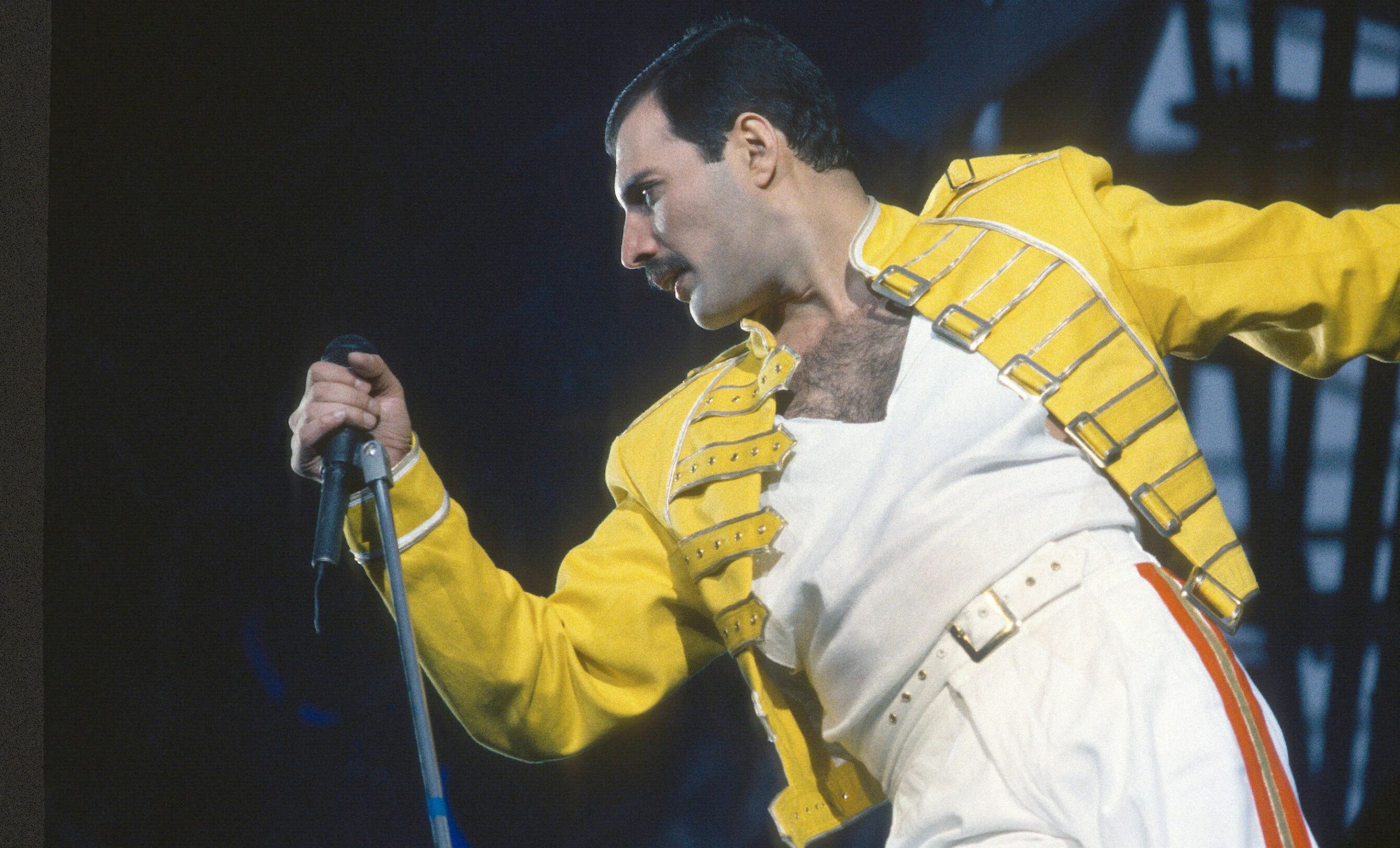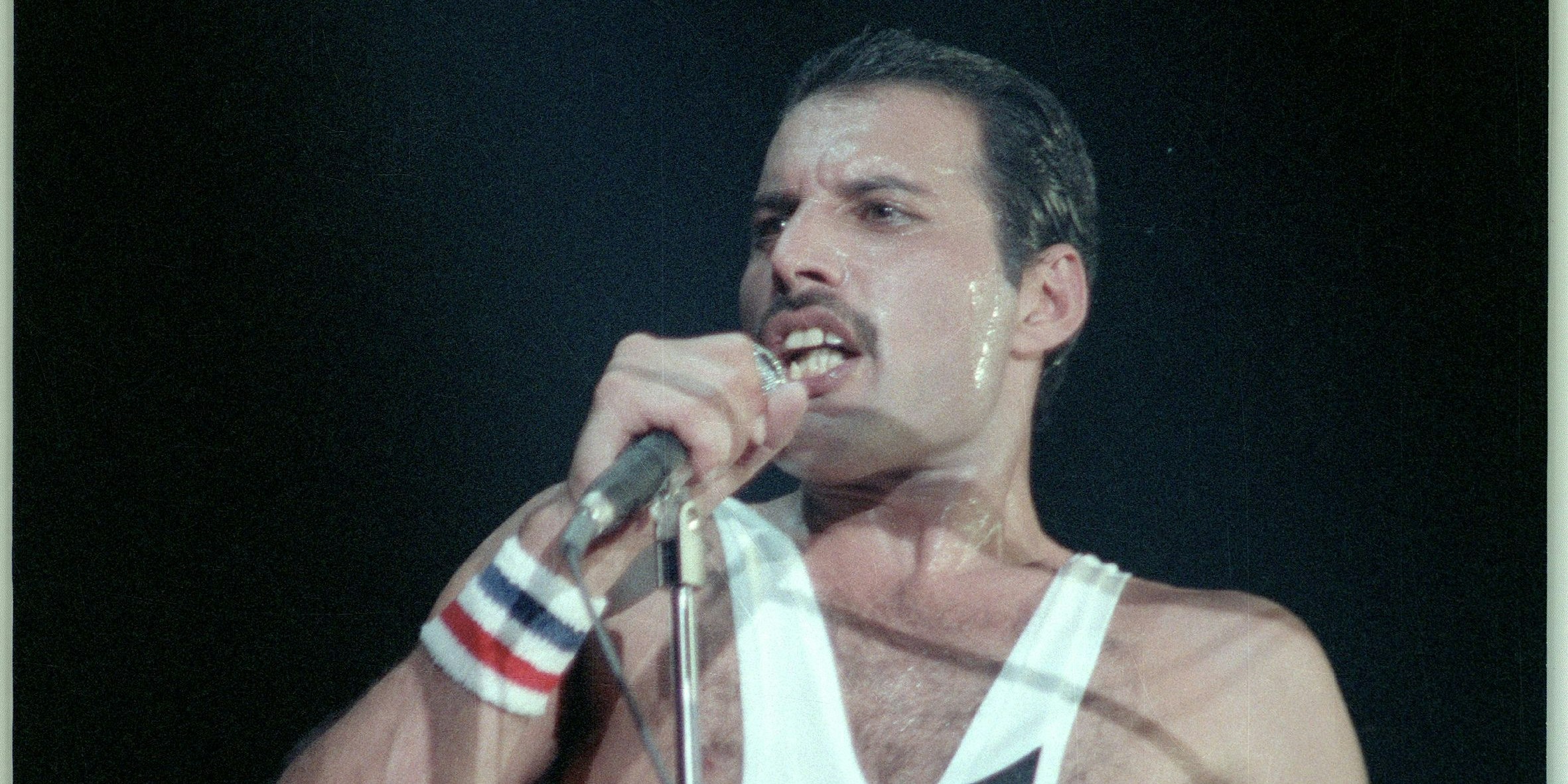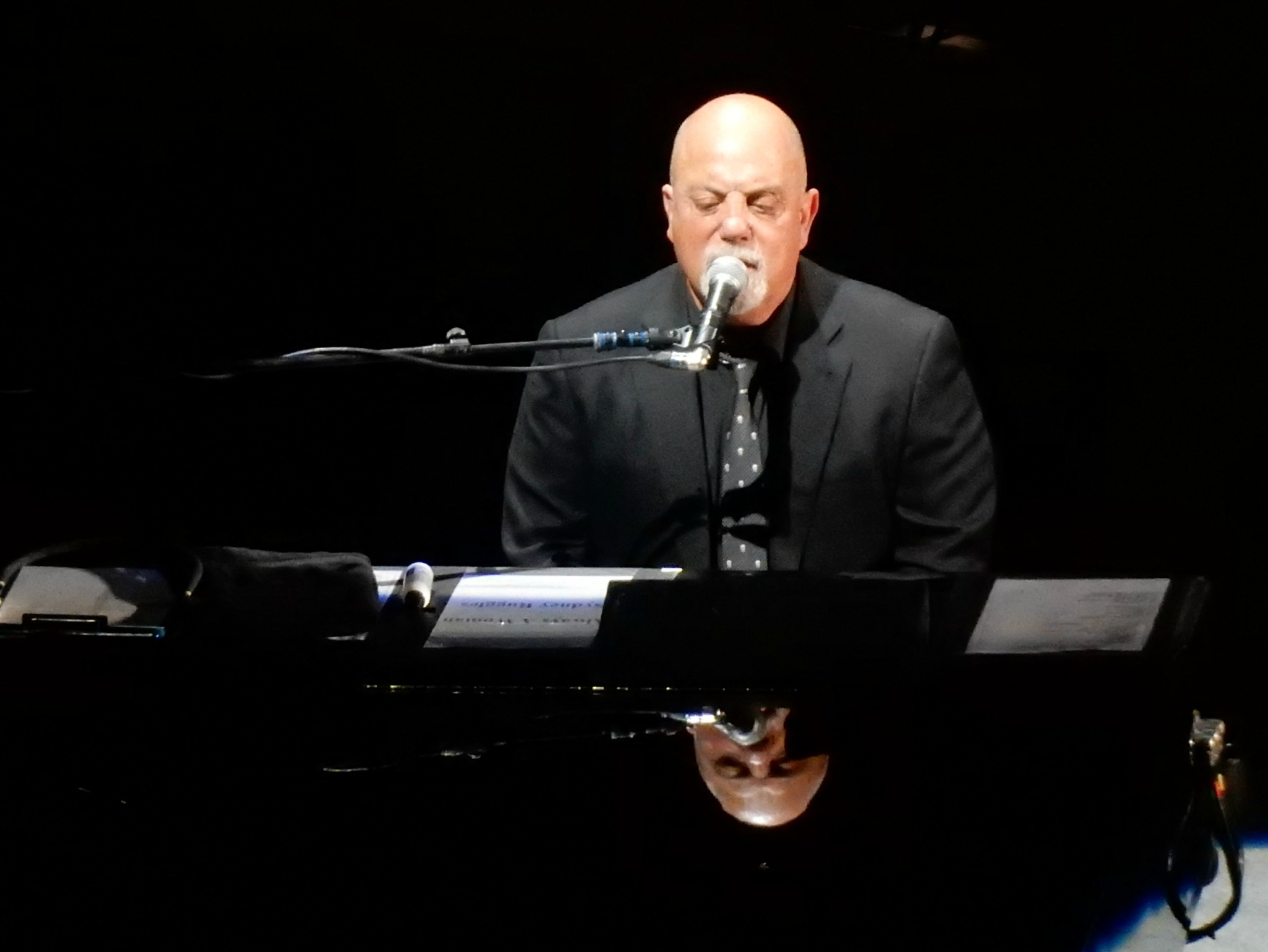Stadium anthems built Mercury’s legend, but private studio sessions in 1988 revealed his true genius. While Queen conquered arenas with “We Will Rock You,” Mercury spent late nights, recording unvarnished vocal explorations that sounded nothing like his glam-rock persona.
These weren’t power ballads or theatrical showstoppers—they were classical exercises, operatic phrases, and technical demonstrations that exposed the disciplined vocalist hiding behind the mustache and leather pants.
The tapes stayed secret for years, locked away like a musical confession. When fragments finally surfaced, fan forums erupted with descriptions of “a revelation”—confirmation that Mercury’s mastery extended far beyond his public image.
You could finally hear what vocal professionals had long suspected: this was an artist singing not for fame, but for pure artistic expression.
Listen closely and you’ll notice what’s missing. No multi-tracked harmonies. No stadium-ready production polish. Instead, Mercury’s articulation cuts through the silence with surgical precision. His phrasing bends and twists like a master craftsman shaping sound itself.
The dynamic control—hallmarks of classical training—puts his extensive range under a microscope, revealing notes that soar and plummet with astonishing flexibility. These recordings sound like someone practicing scales, except the someone happens to be one of rock’s greatest voices.
These private explorations directly shaped Mercury’s partnership with soprano Montserrat Caballé. When they met in 1987, Mercury brought “Exercises in Free Love,” a piece informed by his late-night vocal experiments.
Caballé’s response was telling—she requested he sing in his natural baritone voice, further exposing his classical technique. Elements from these sessions became the DNA of their Barcelona album, transforming private artistic curiosity into public triumph.
That collaboration became the 1992 Olympic anthem, cementing Mercury’s legacy as a cross-genre innovator who dared to merge pop sensibility with high opera. While most of Mercury’s private tapes remain closely guarded by his estate, these glimpses reveal the dual genius behind the showman—a rock star who never stopped being a classically trained vocalist, even when nobody was watching.


























